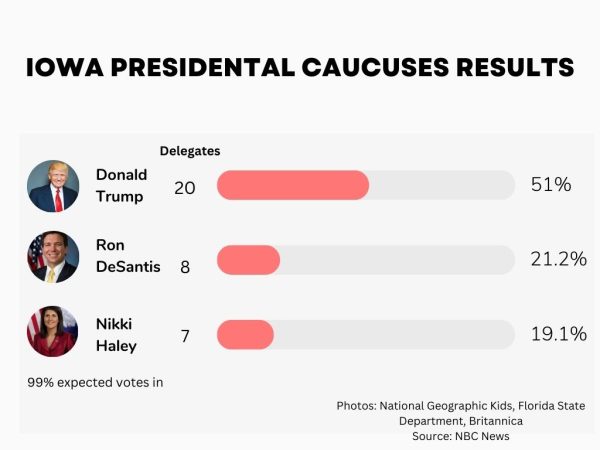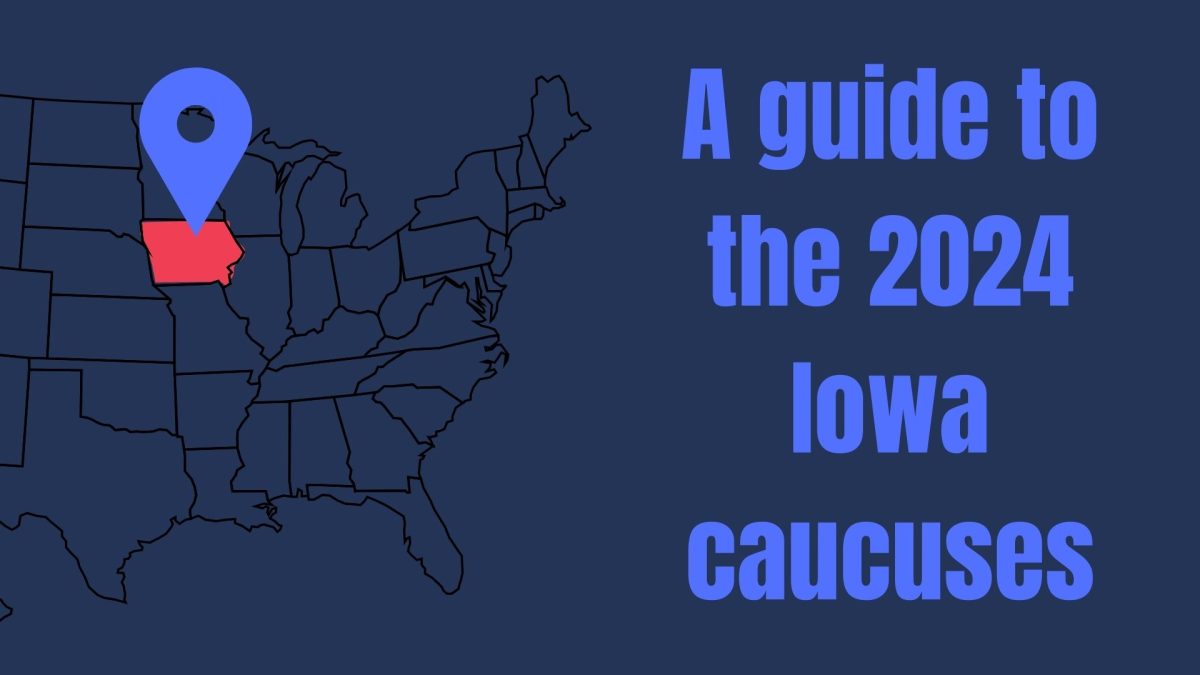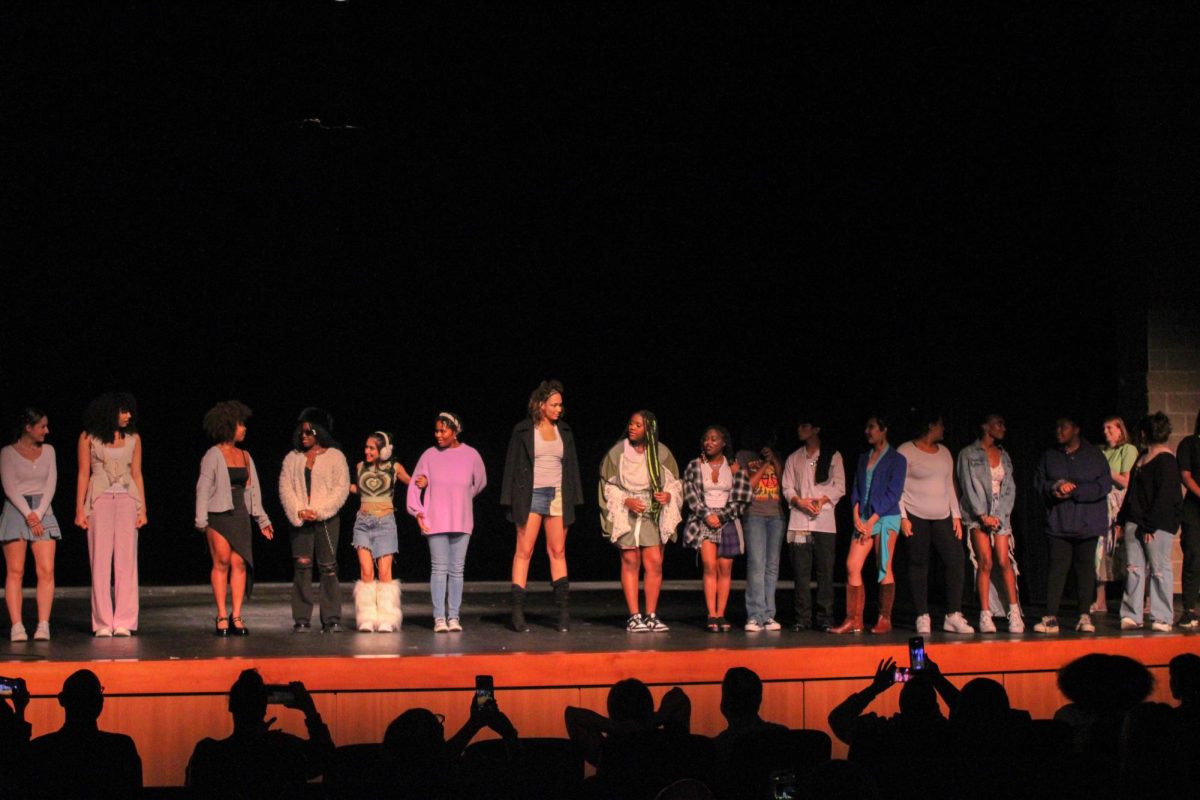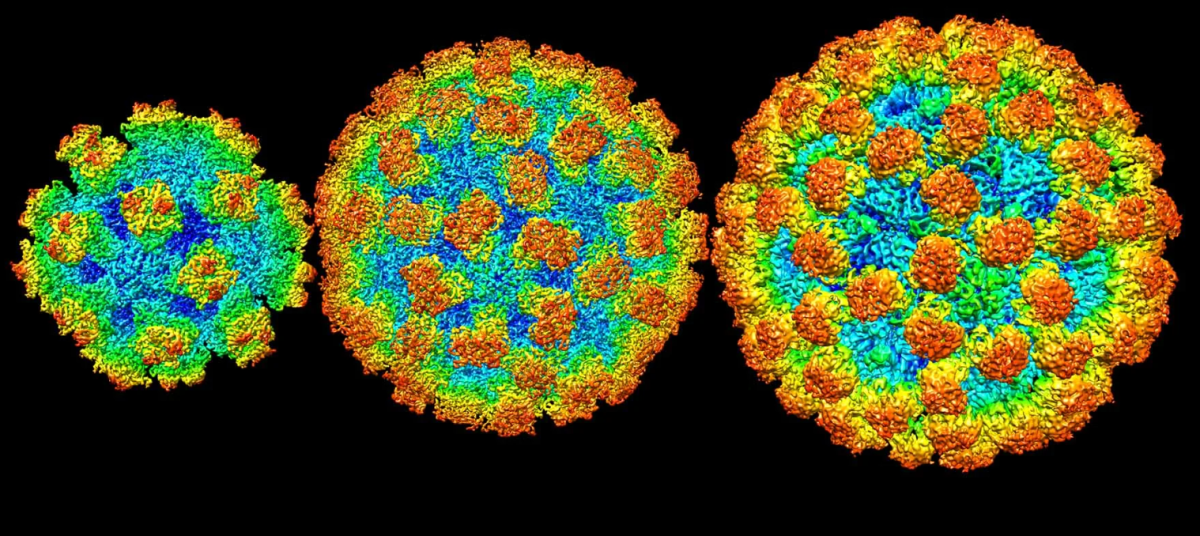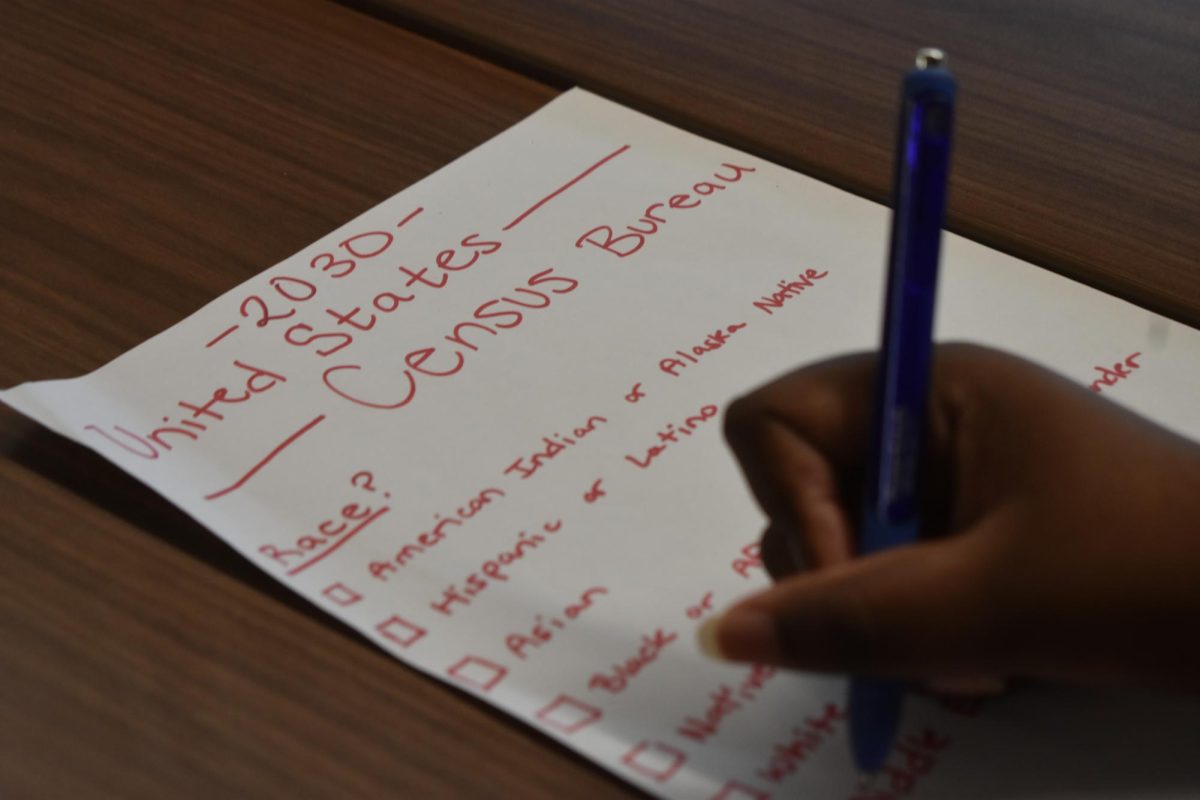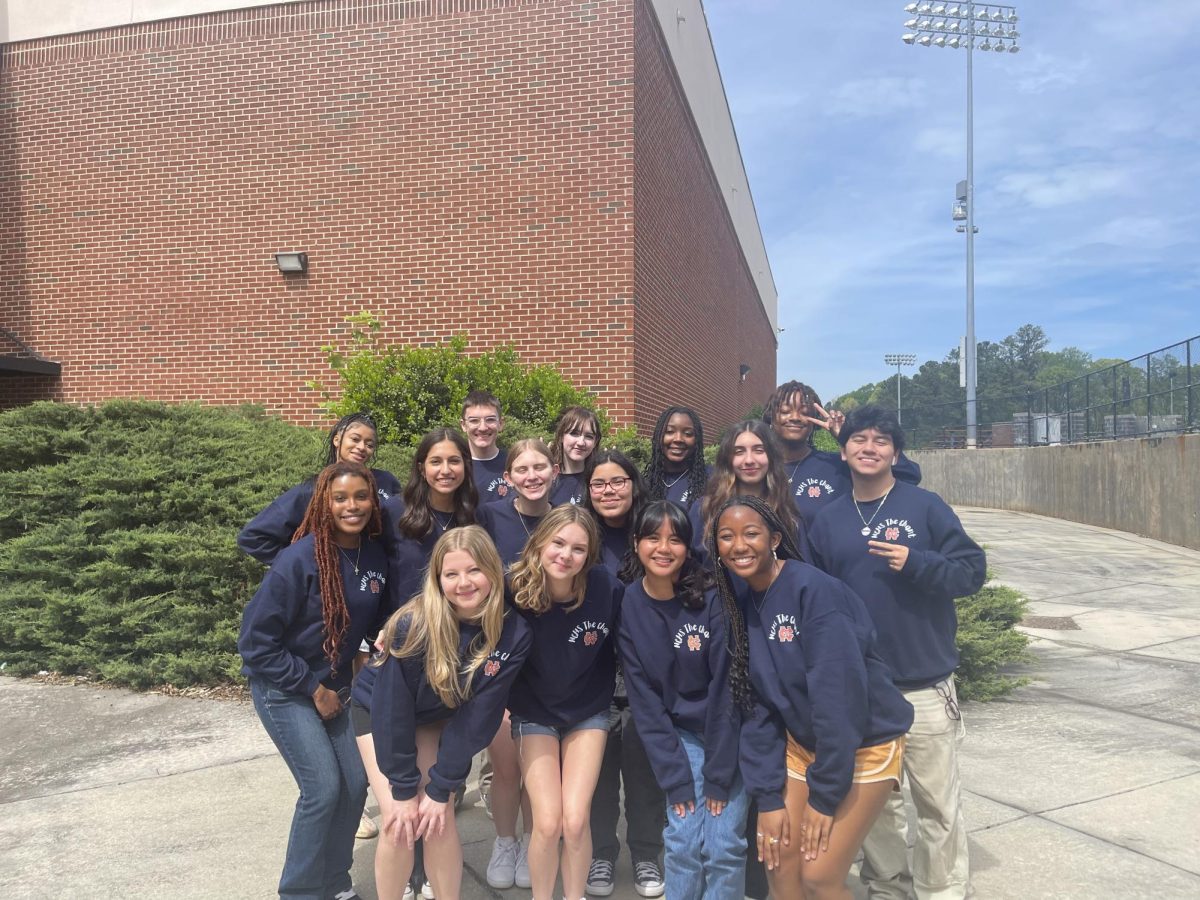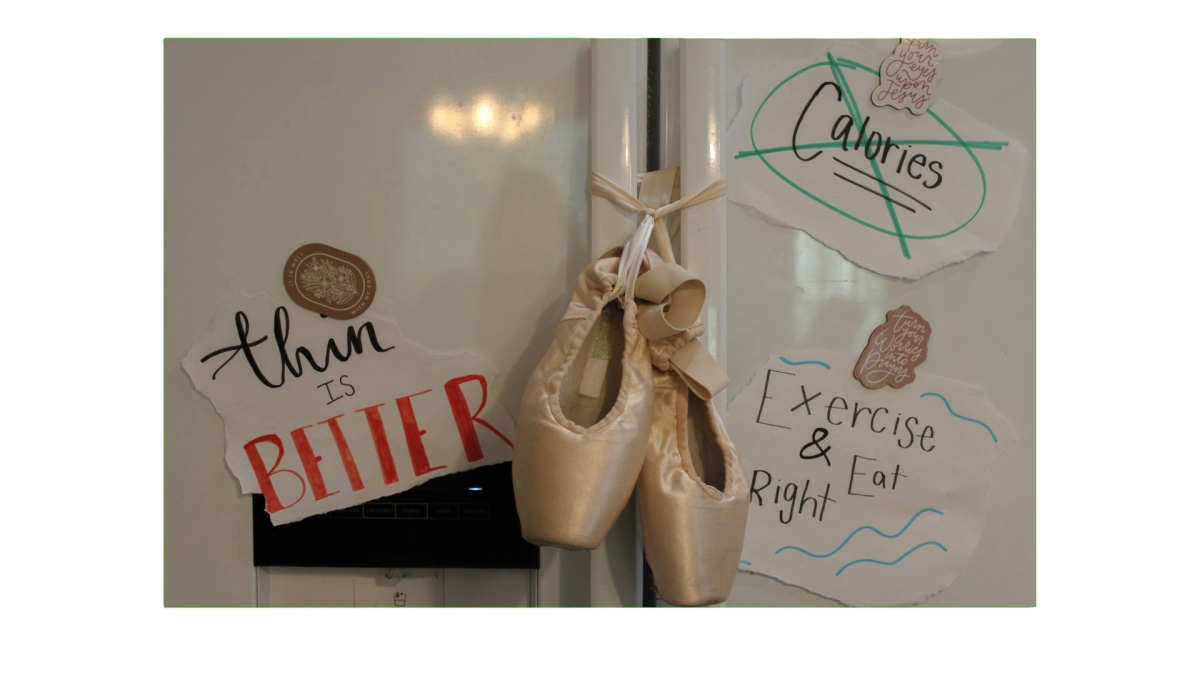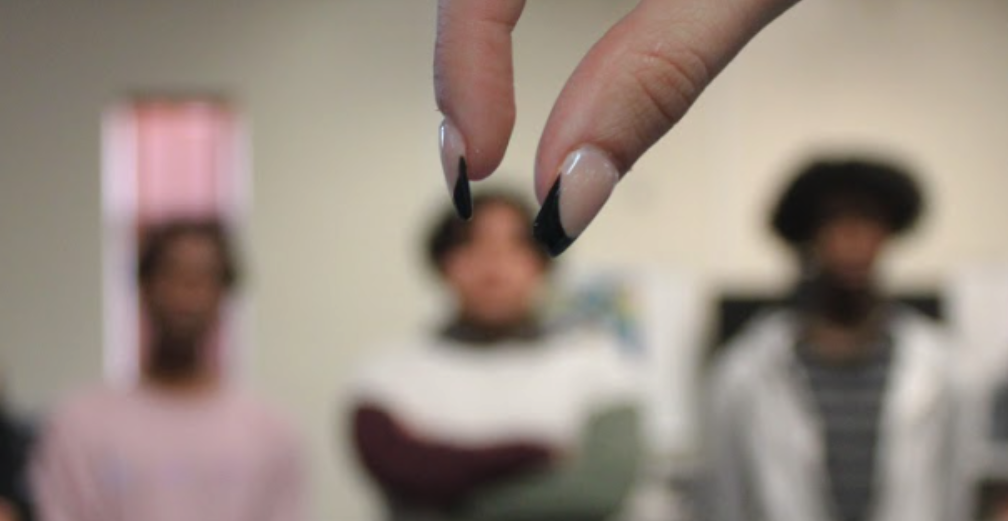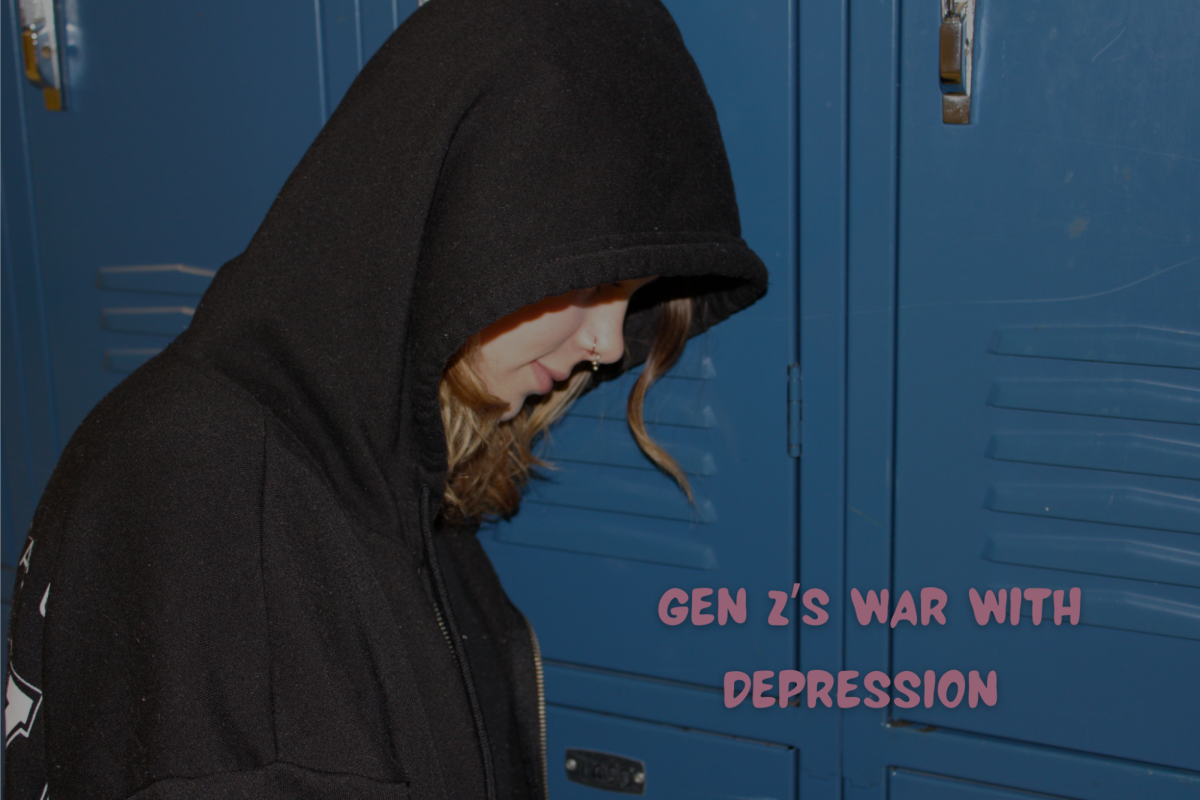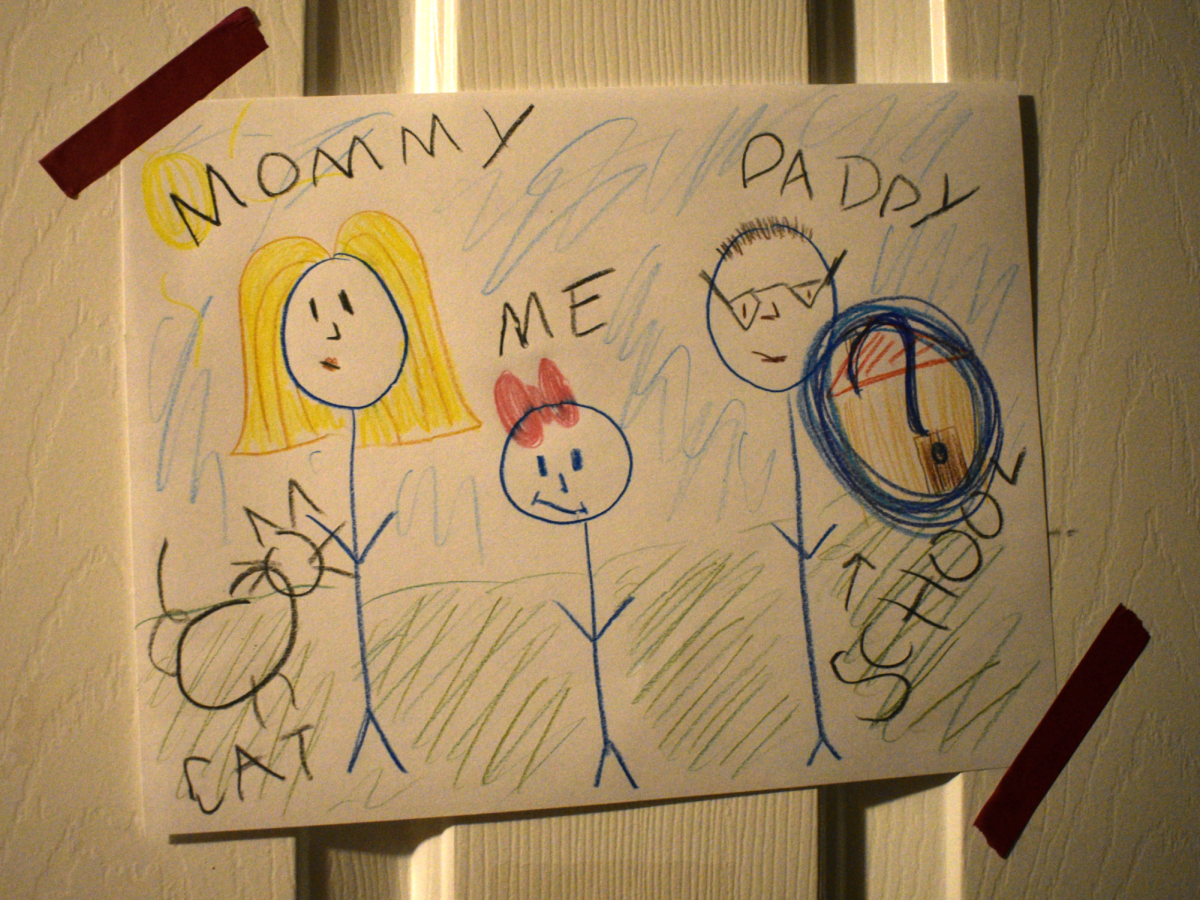January 15, Iowans set out in freezing temperatures in the brutal winter blast to place their vote in the presidential election’s first vote for party nominees. The Republican Party caucuses took center stage as Grand Old Party (GOP) nominees spent weeks campaigning in the Hawkeye state to solidify their candidacy to become the next presidential nominee for the party. As the first state to hold a caucus, candidates look at the race as an opportunity for momentum that will attract vital attention and monetary support as they head to the next presidential preference vote.
Each party holds its own caucus and carries out its own process for registered Democrats and Republicans to choose their candidate. On caucus night, voters arrive at their party’s locations scattered across the state and enter a room where a candidate representative can present a speech, and then caucusgoers can choose their preferred nominee and then count right away. For Republicans, they selected their candidate through a secret ballot vote. For the Democrats, the party has changed its nominating calendar and shifted away from choosing Iowa as its introduction to presidential preference voting and opting to South Carolina as its starting point. Iowa Democrats still held their caucus Monday night, but have chosen to implement mail-in ballots that began January 12 and will last until March 5—Super Tuesday. The Democratic party also faces no competitive primary as incumbent President Joe Biden campaigns for reelection.
Polls prior to the caucus showed former president Donald Trump with a substantial lead over Republican party candidates. Although polls pointed to a sure Trump victory, they also illustrated a tight race for second place between his challengers: former United Nations ambassador Nikki Haley and Florida governor Ron DeSantis. Showcasing a strong second-place outcome could catapult Haley or DeSantis as a Republican alternative to the former president. The GOP candidates spent the final stretch of campaigning interacting with voters across Iowa, with Trump opting for tele-rallies amidst the frigid weather conditions and DeSantis successfully reaching all 99 Iowa counties during his campaign.
On election night, Trump remained the projected winner of the caucuses, gaining 51% of the vote and cementing his third attempt as the next Republican presidential nominee. The Florida governor took a second-place finish, narrowly overtaking Haley, who landed in third. The first-of-the-nation nominee results also led to the GOP field to shrink. Businessman Vivek Ramaswamy placed fourth, a disappointing outcome since he spent months extensively campaigning throughout the state. After election results predicted Ramaswamy’s position in the race, he suspended his campaign Monday night and opted to endorse former president Trump. Former Arkansas governor Asa Hutchinson also dropped his bid for the Republican presidential nomination after placing sixth in the caucuses.
“We’ve looked at it every which way and I think it is true that we did not achieve the surprise we wanted to deliver tonight and I think it’s just a hard fact that we have to accept as a campaign… As of this moment, we are going to suspend this presidential campaign. I’m also making the decision that this has to be an “American first” candidate in the White House. Earlier tonight I called Donald Trump and I congratulated him on his victory and now going forward he will have my full endorsement for the presidency,” Ramaswamy said.
To win the Republican party’s nomination for president, candidates must receive 1,215 delegates out of the party’s 2,500 delegates. After the results from the Iowa caucuses, Trump took home 20 delegates from Iowa’s 40, while DeSantis received eight and Haley walked away with seven. Although Iowa holds a mere 40 delegates, its roots as the first location in party nominee schedules have played a role that emphasizes the state as a key decider for future primaries’ outcomes. Iowa stands as a testing ground for candidates to showcase their viability as potential nominees. Experts also point to its importance for candidates to gain the all-important momentum by winning the first presidential preference votes. Additionally, unlikely candidates who win in Iowa become successful in their bid for the nomination and the presidency. Former presidents Jimmy Carter and Barack Obama’s victories fueled their campaigns and became serious presidential candidates in their party.
“Why these early primaries are really important, like in Iowa and New Hampshire, is largely about public relations. It’s about getting your name out there and having people take you seriously or at least see you taking yourself seriously. It’s about turning up the volume of your campaign. What happens is that there has to be a critical mass of people who think you have a chance and who think your campaign is well-organized enough and well-funded enough that has enough of a message to get people out in the polls,” AP Comparative Government and Politics Carolyn Galloway said.
As Republican candidates recoil from Iowa’s results, they now turn their attention to the upcoming primary in New Hampshire as the next battleground to gain early momentum. After Trump’s landslide win in Iowa, DeSantis and Haley now look to New Hampshire for further support and a chance to legitimize themselves as a Republican alternative to Trump.
